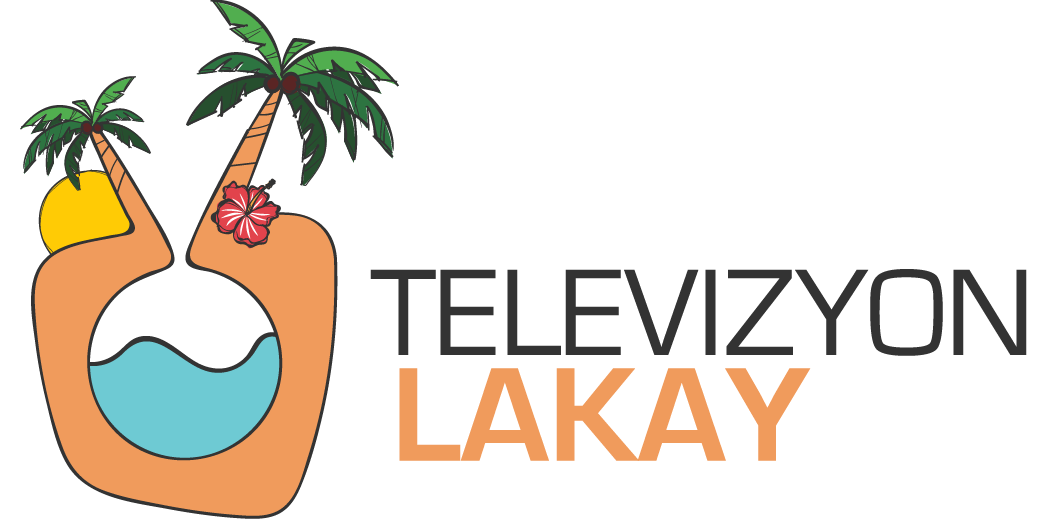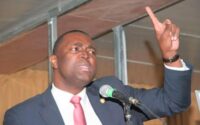Brazil, CARICOM, CELAC to host meeting between Presidents Ali, Maduro
 undermine Guyana’s sovereignty, Guyana’s President Dr. Irfaan Ali will meet his Venezuelan counterpart Nicolás Maduro in St Vincent and the Grenadines.
undermine Guyana’s sovereignty, Guyana’s President Dr. Irfaan Ali will meet his Venezuelan counterpart Nicolás Maduro in St Vincent and the Grenadines.
The News Room was reliably informed that the meeting will be held on Thursday December 14, 2023, at 10:00 hrs and will be hosted by Brazilian President, Luiz Inacio Lula da Silva, Heads of State of CARICOM, a United Nations Under-Secretary General and the Community of Latin American and Caribbean States (CELAC).
In a letter sent to Presidents Ali and Maduro by Prime Minister of St Vincent and the Grenadines, Dr Ralph Gonsalves, and seen by the News Room, he wrote, “Given the recent events and circumstances attendant upon the border controversy, the leaderships of CELAC and CARICOM have assessed, in the interest of all concerned, including our Caribbean and Latin American civilisations, the urgent need to de-escalate the conflict and institute an appropriate dialogue, face-to-face, between the Presidents of Guyana and Venezuela.”
Guyana’s Head of State has consistently made it clear that the border controversy is squarely before the International Court of Justice (ICJ) which will give a final and binding ruling on the matter and it is not up for discussion.
On Saturday, the Head of State reiterated that view on the social media platform X.
“We are committed to peace in this region. The ICJ will determine, finally, the controversy in the Guyana/Venezuela borders.
“We are uncompromising on this and the respect for international law. We have made it clear; we are unopposed to conversations and meetings as responsible people and country.”
Meanwhile, in a statement issued by the Office of the President on Saturday in Georgetown, it was noted that President Ali was contacted by leaders representing CELAC, Brazil and several bilateral partners, encouraging dialogue with Maduro.
And on Friday, during the emergency meeting of the Heads of Government of CARICOM, President Ali was urged “to explore the possibility of a meeting with President Maduro in St. Vincent and the Grenadines.”
“President Ali reiterated that Guyana’s land boundary is not up for discussion, as it is currently before the ICJ and when adjudicated will be fully respected by Guyana. The President on numerous occasions has made it explicitly clear that the case before the ICJ will not be an issue for bilateral discussions.
“President Ali will continue to engage our bilateral partners on defence cooperation pacts, as well as the on-going range of political, social and economic arrangements,” the statement noted.
However, on Saturday, President Ali was approached by Dr Gonsalves on a meeting with President Maduro.
“President Ali has since agreed to have this meeting.
“Guyana is clear that the advancement of our development agenda will not be compromised. Our development partners and investors can be assured that there will be no changes nor alterations to existing arrangements,” the government’s statement emphasized.
It added, “Guyana has always been committed to international peace and security and promotion of good neighbourly relations,” noting that the country “will not deviate from and will strictly adhere to the ICJ process in the resolution of the border controversy, and to ensuring that the region remains Zone of Peace.”
Many countries view Venezuela’s recent actions, including a sham referendum and redrawing its map to include Guyana’s Essequibo region, as a threat to the peace and stability of the region.
There have been numerous calls for the region to remain a zone of peace, and for Venezuela to meaningfully participate in the case before the ICJ.
At the ICJ, Guyana hopes for a final, binding settlement of the controversy, reaffirming the 1899 Arbitral Award that established the boundary as it is known internationally.
In 1899, the borders of Guyana (then British Guiana) and Venezuela were settled, with Venezuela inheriting 13,000 square kilometres of what was then British Guiana territory – an area bigger than Jamaica or Lebanon.
Venezuela participated in that tribunal and accepted the boundary award for about six decades until 1966 when British Guiana was about to become an independent state, Guyana. Venezuela then challenged the award, raising concerns about the 1899 award.
So, the 1966 Geneva Agreement was created, establishing a framework to resolve the controversy. This is a political agreement, not a legal one like the 1899 Award. And for decades after this agreement, Guyana and Venezuela were locked in bilateral talks and a UN-backed engagement known as the Good Offices process.
In mid-February 2017, the new UN Secretary-General António Guterres appointed Dag Halvor Nylander of Norway as his Personal Representative on the Border Controversy, in a final effort at dialogue to settle the matter. That failed and on January 31, 2018, the UN Secretary-General referred the matter to the ICJ and Guyana filed its case.
In 2020, the ICJ found that it has the jurisdiction to hear the border case and earlier this year, it threw out Venezuela’s preliminary objections that, among other things, the United Kingdom must also be part of the case.
(Reporting by Fareeza Haniff and Vishani Ragobeer)



